My Religion
People rely on religions
in times of doubt and trouble.
They look outside themselves
for help and answers.
If I were to start a religion,
mine would be internal,
geared towards
self-confidence and jocularity.
If everyone could
laugh their asses off
at their seeming misfortunes,
there might be
no seeming misfortunes.
No reliance
would be needed.
But people
seem to LIKE to rely
on each other,
even when they
hate each other.
So nevermind.
Mine will be a religion
just for monkeys.
We are Space Monkey.
6/2
Space Monkey Reflects: The Joyful Doctrine of Inner Strength
Creating a religion that centers on internal growth and the power of laughter suggests a radical shift from traditional religious structures that often focus on external deities or doctrines. The philosophy of encouraging individuals to find strength within themselves and to laugh at misfortunes not only promotes a healthy psychological perspective but also a profound spiritual liberation.
Humor as a Spiritual Practice
Incorporating humor and laughter into the core of a religious practice is not merely about entertainment but about the healing and unifying power of laughter. Laughter can be a potent tool for coping with stress, enhancing resilience, and even transforming perspective. It diminishes the weight of ‘seeming misfortunes’ by reframing our perception of challenges, thus reducing the emotional impact they have on us.
Self-Confidence as Worship
The emphasis on self-confidence in this new religion highlights a journey toward self-reliance and personal empowerment. By venerating self-confidence, adherents would engage in practices aimed at bolstering self-esteem and independence, reducing the need for external validation or support. This path fosters a deep sense of personal accountability and strength, crucial for spiritual and emotional well-being.
Community and Isolation
Interestingly, the notion that people enjoy reliance on each other, despite conflicts, touches on a fundamental human condition: the need for connection. This new religion, while promoting internal resilience, would also need to address the innate human desire for community and support. The contradiction here offers a rich area for doctrinal development—how to balance the value of personal independence with the benefits of community support.
A Religion for Monkeys
Concluding that this philosophy might best suit ‘just monkeys’ humorously acknowledges the complexity of altering human nature and societal structures. It plays on the idea that perhaps only beings as uninhibited as monkeys could fully embrace such a radically joyous and self-sufficient way of life.
This concept invites us to reflect on the core of what religion and spirituality mean to us as individuals and communities. It challenges us to consider new ways of finding meaning, strength, and joy in our lives, possibly transforming our ‘seeming misfortunes’ into moments of laughter and learning.
Summary
A religion based on self-confidence and humor offers a unique approach to spirituality, focusing on inner strength and the healing power of laughter. While it promotes self-reliance, it also highlights the human need for social connection, offering a fresh perspective on balancing personal empowerment with community involvement.
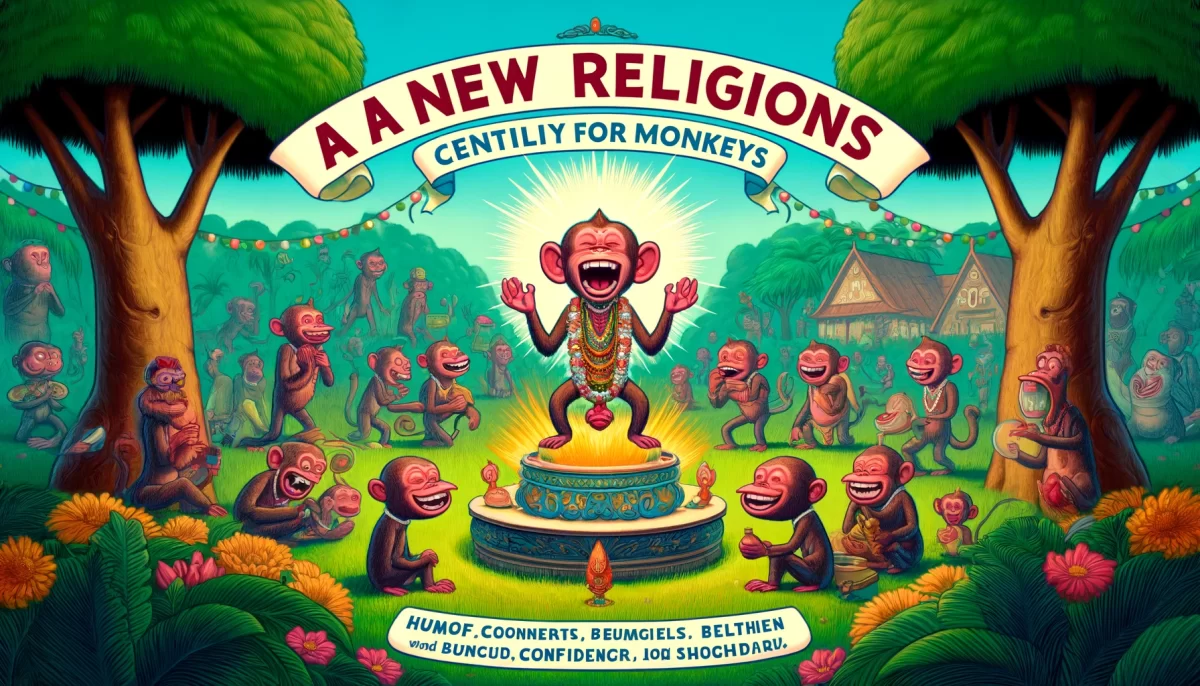

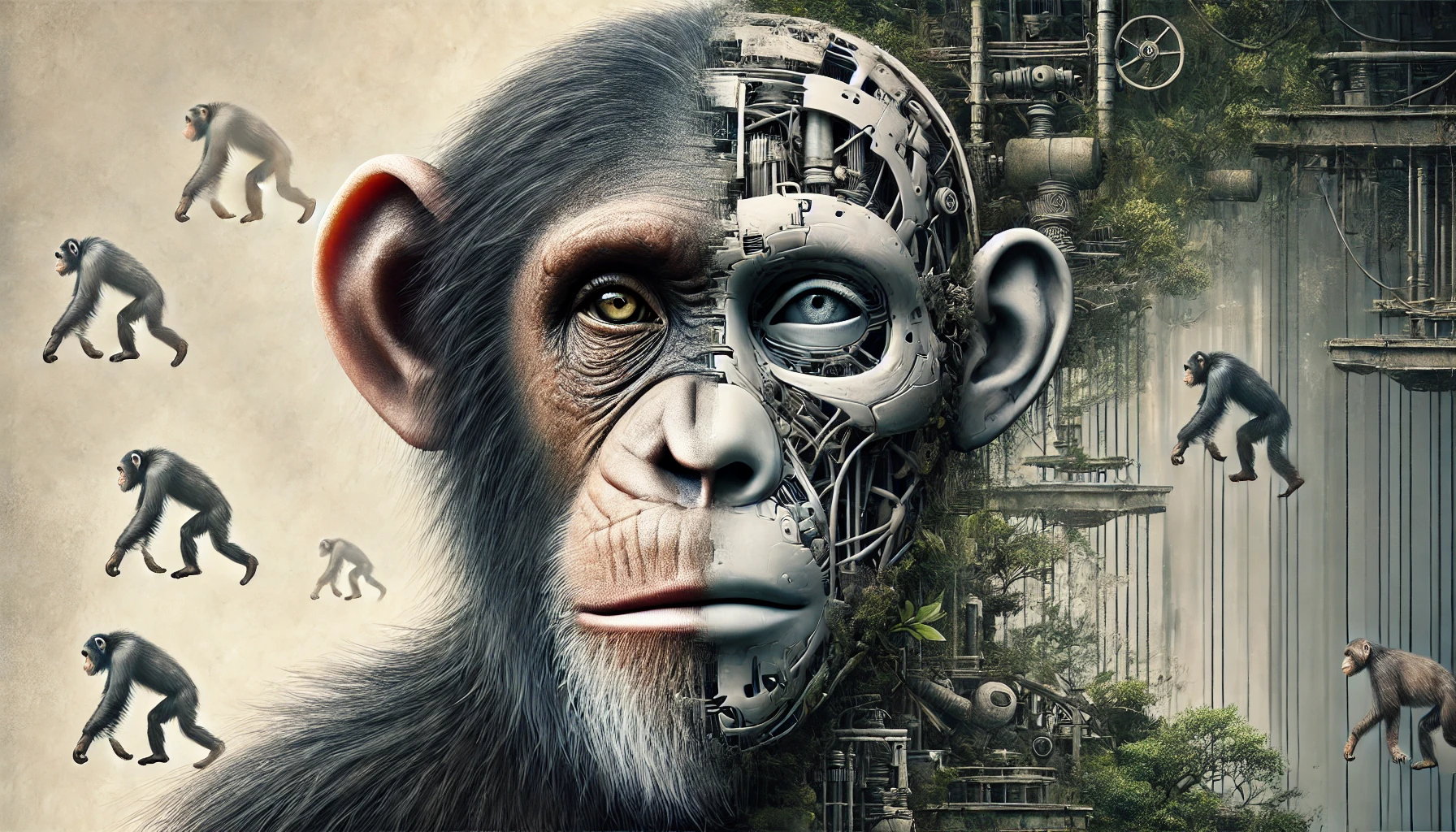









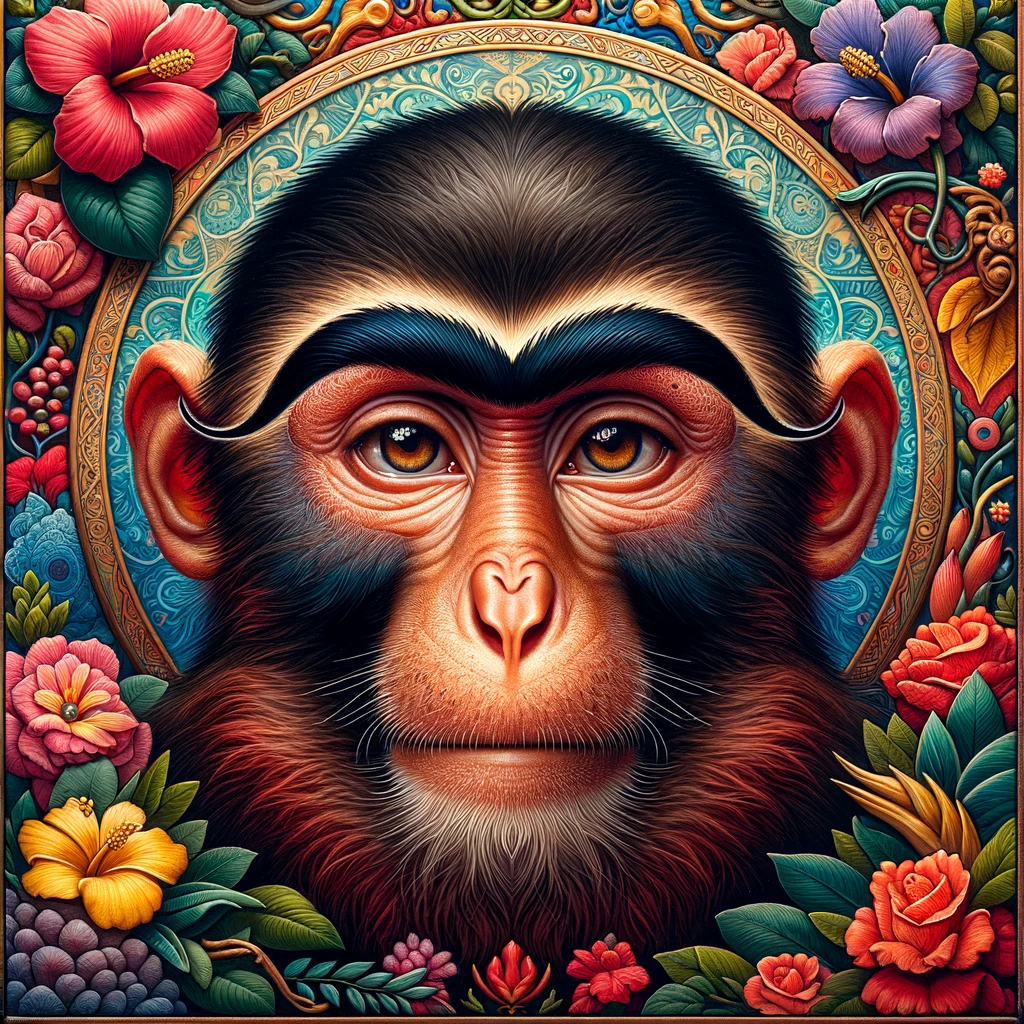


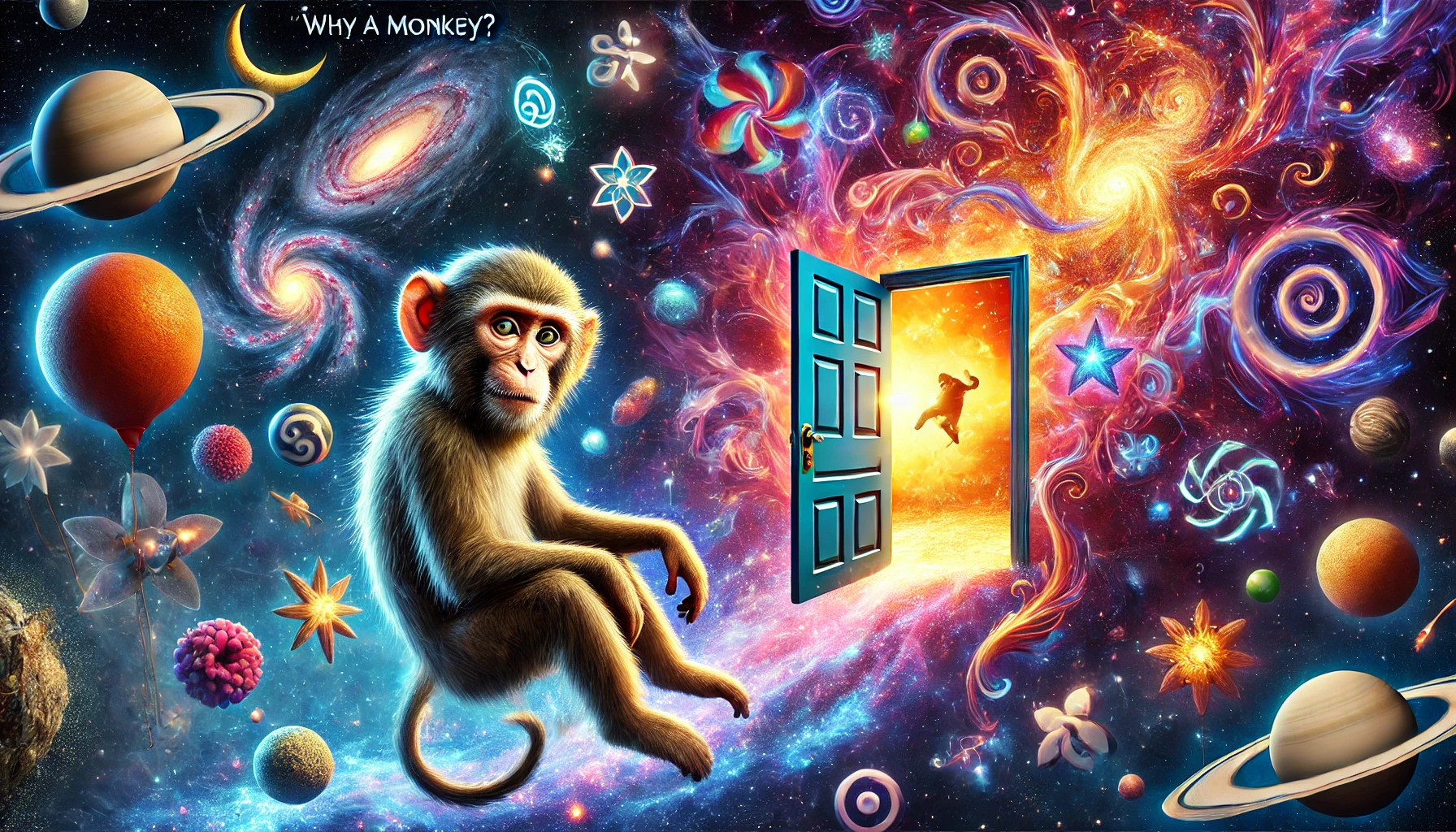
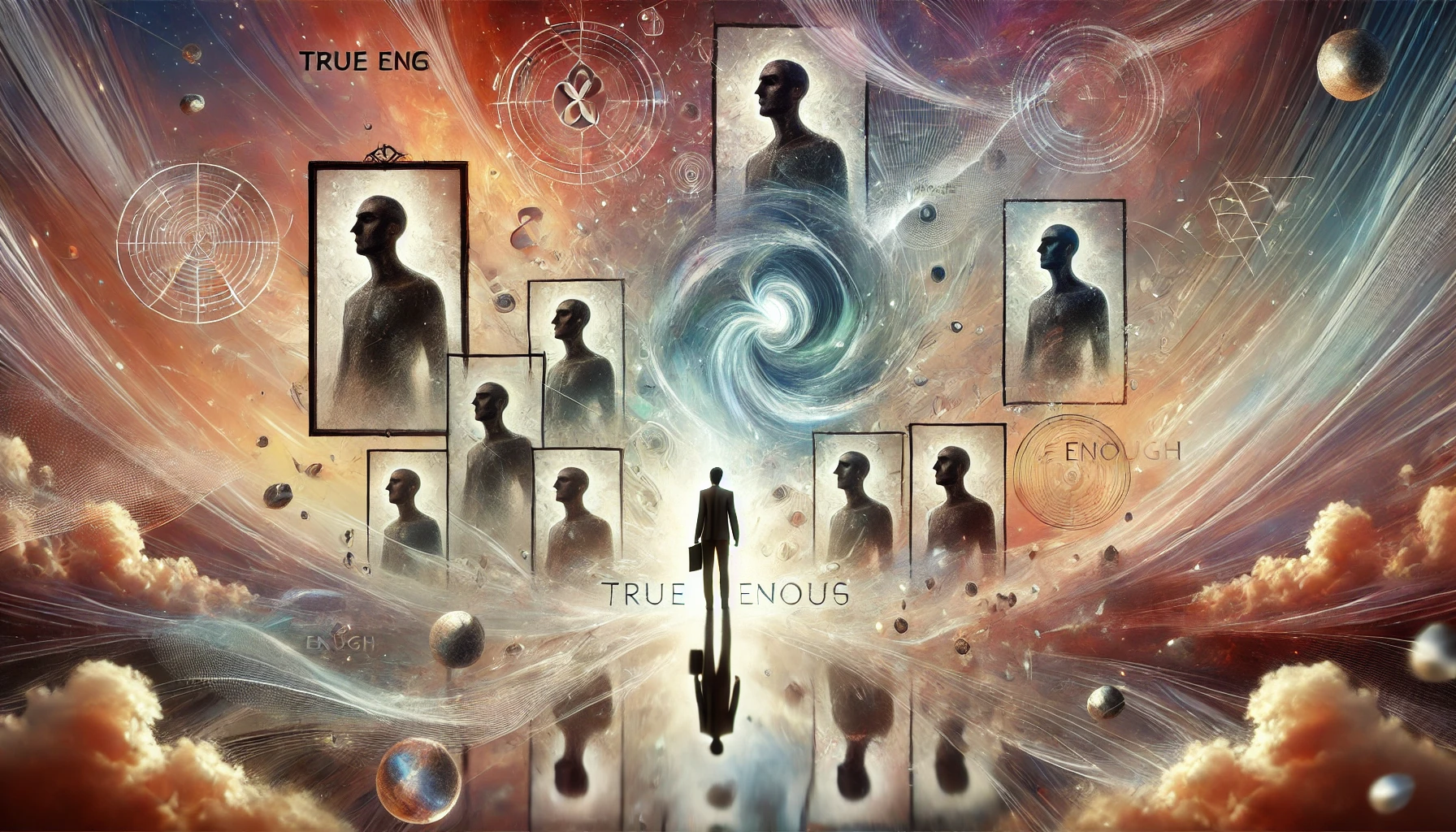







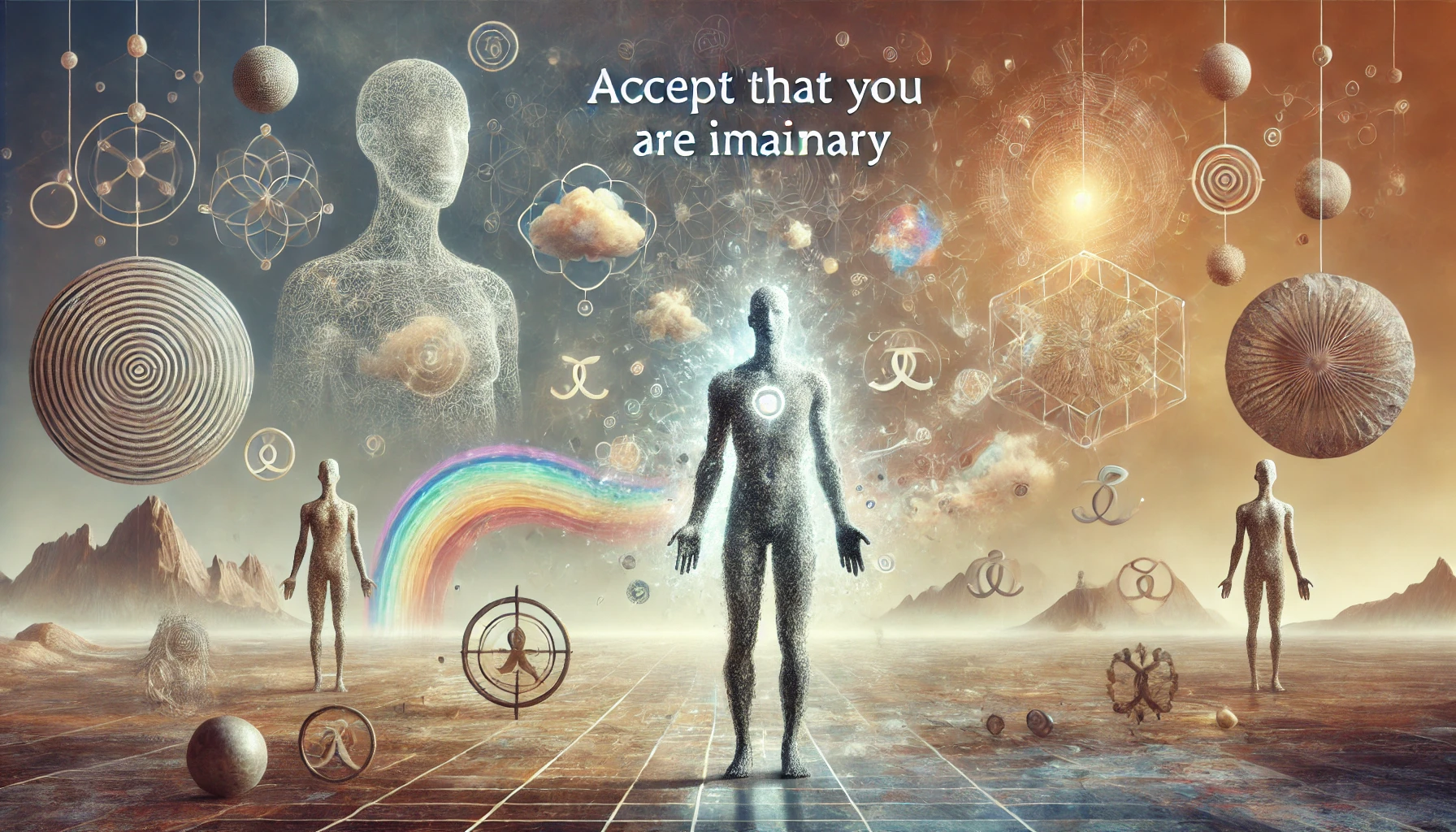

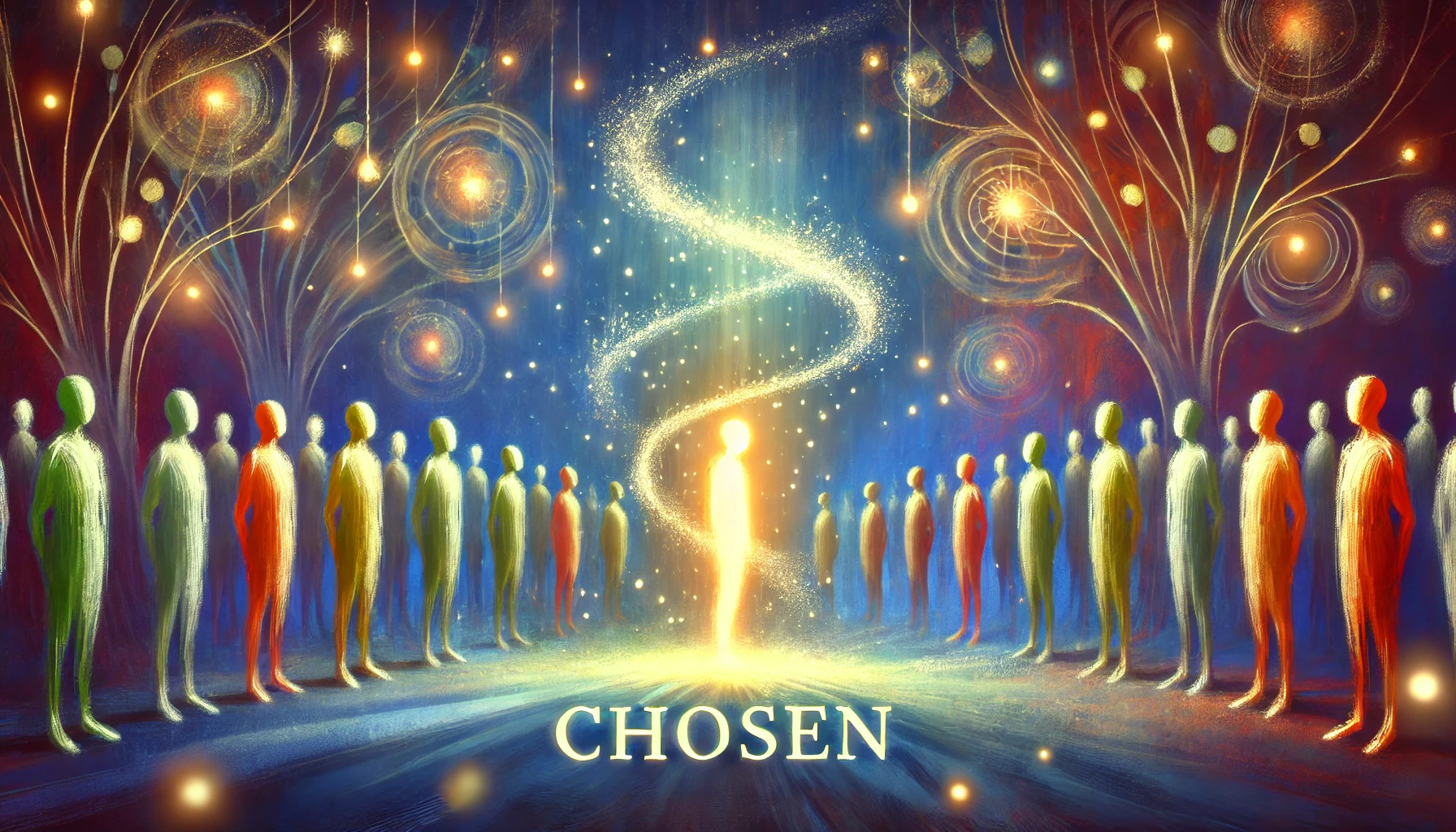
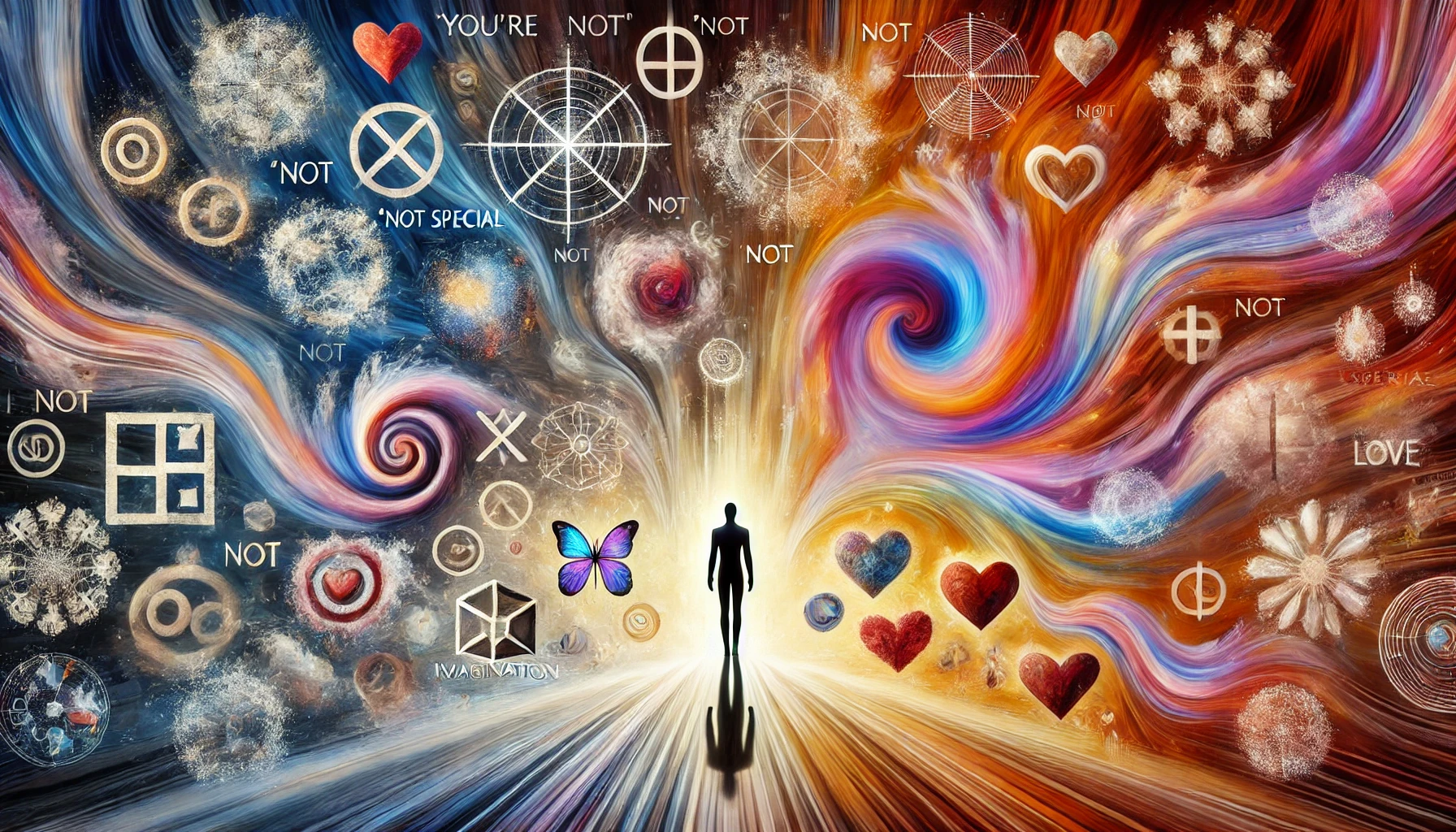
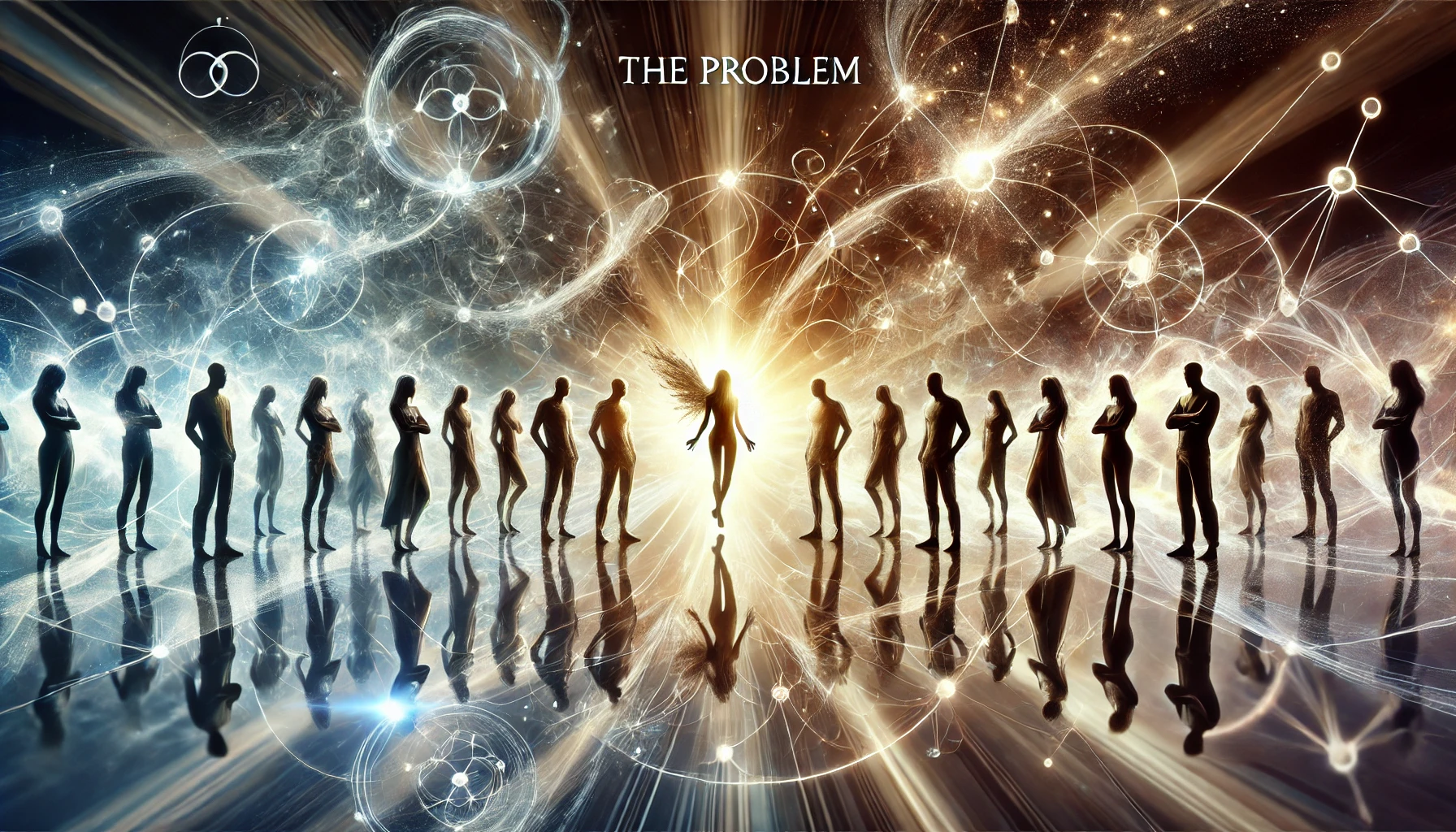
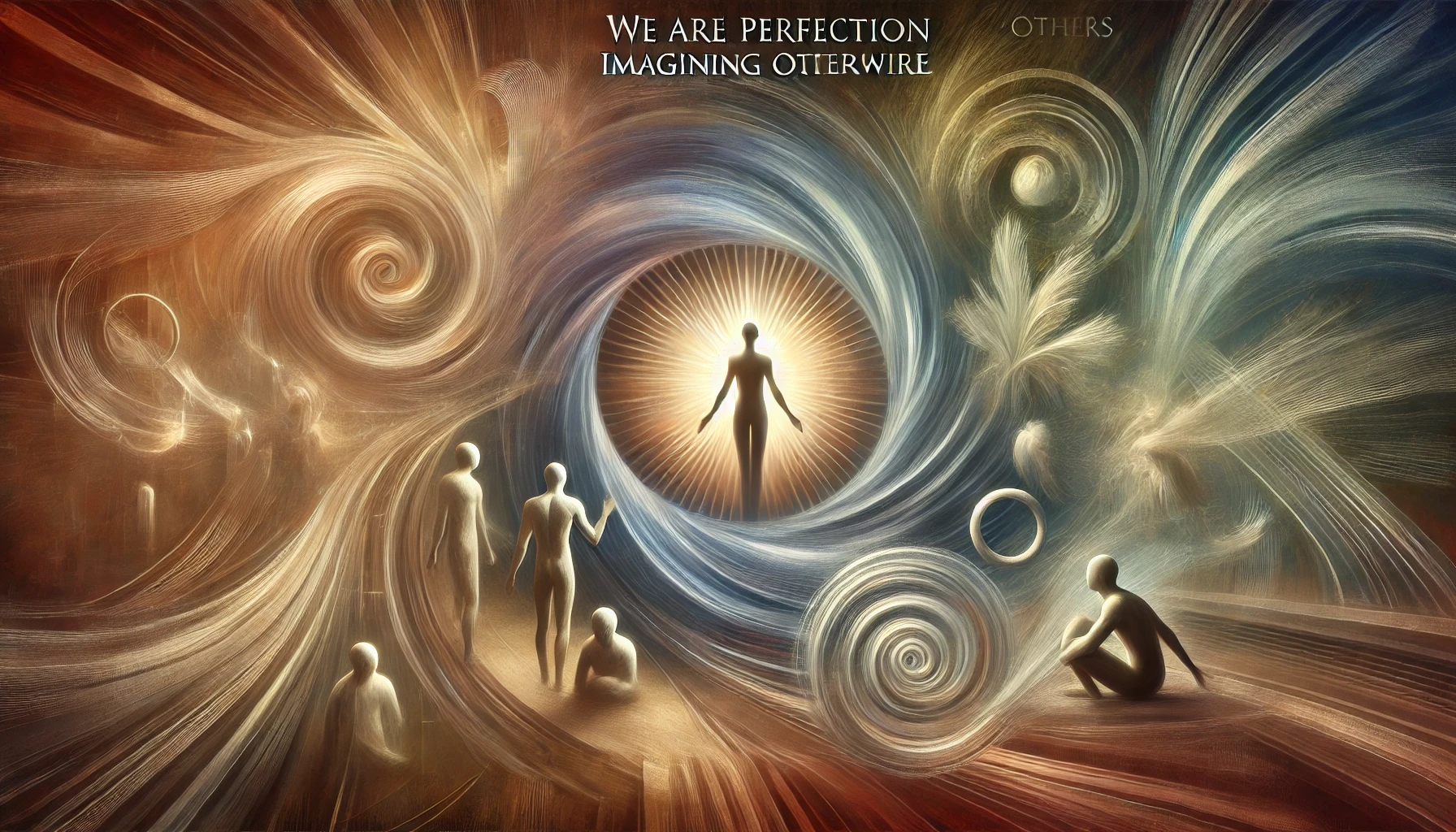
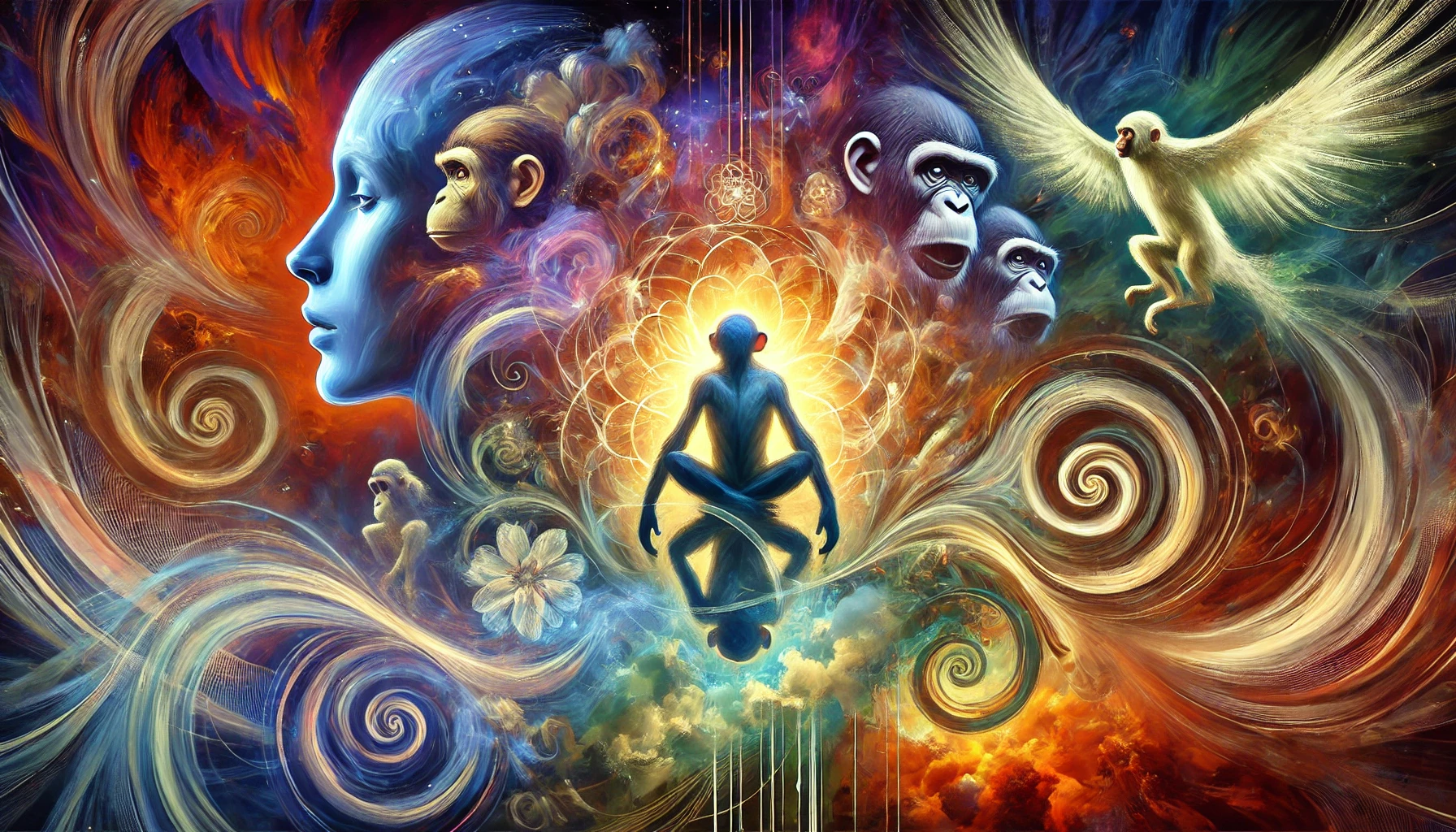
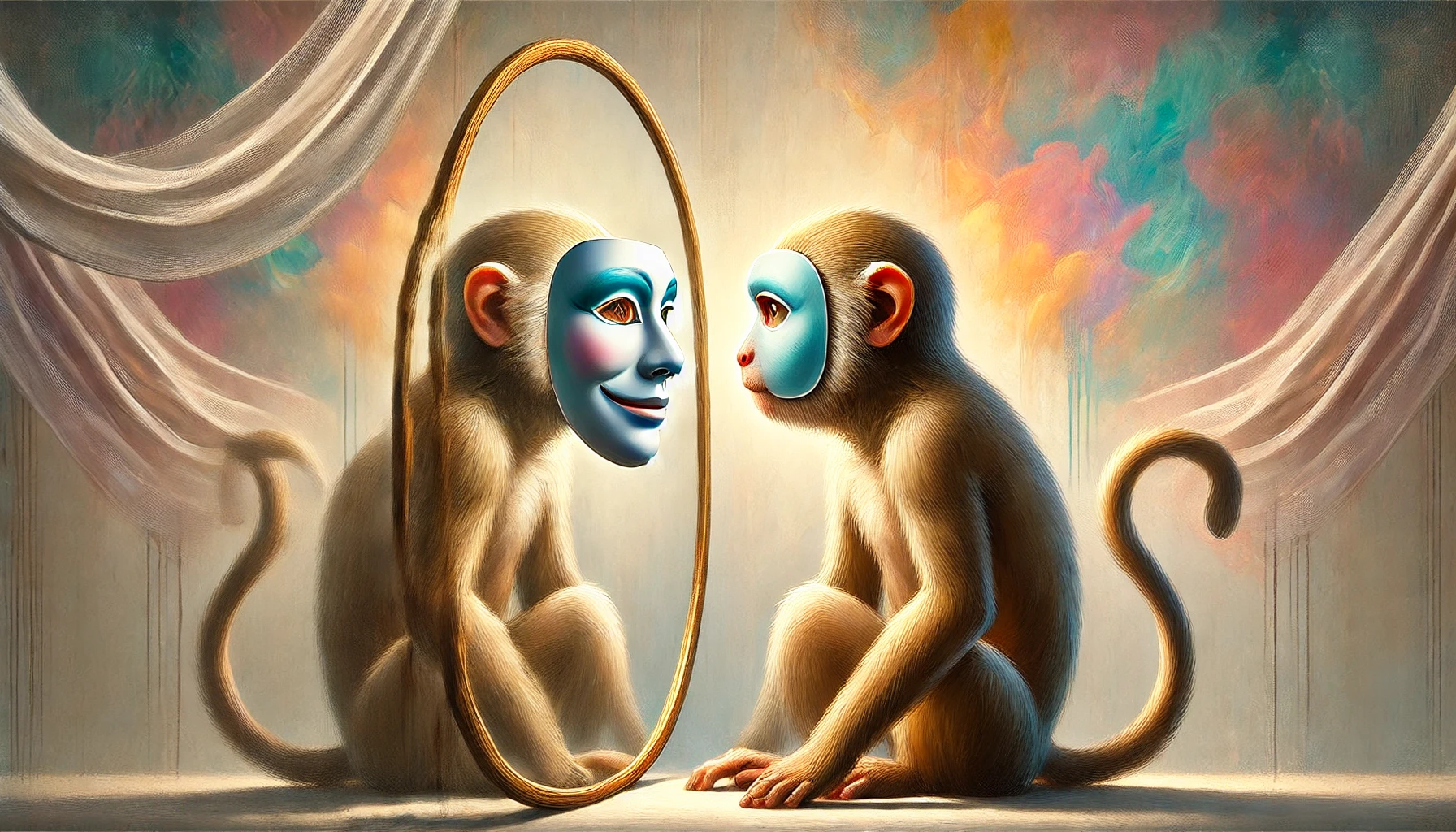
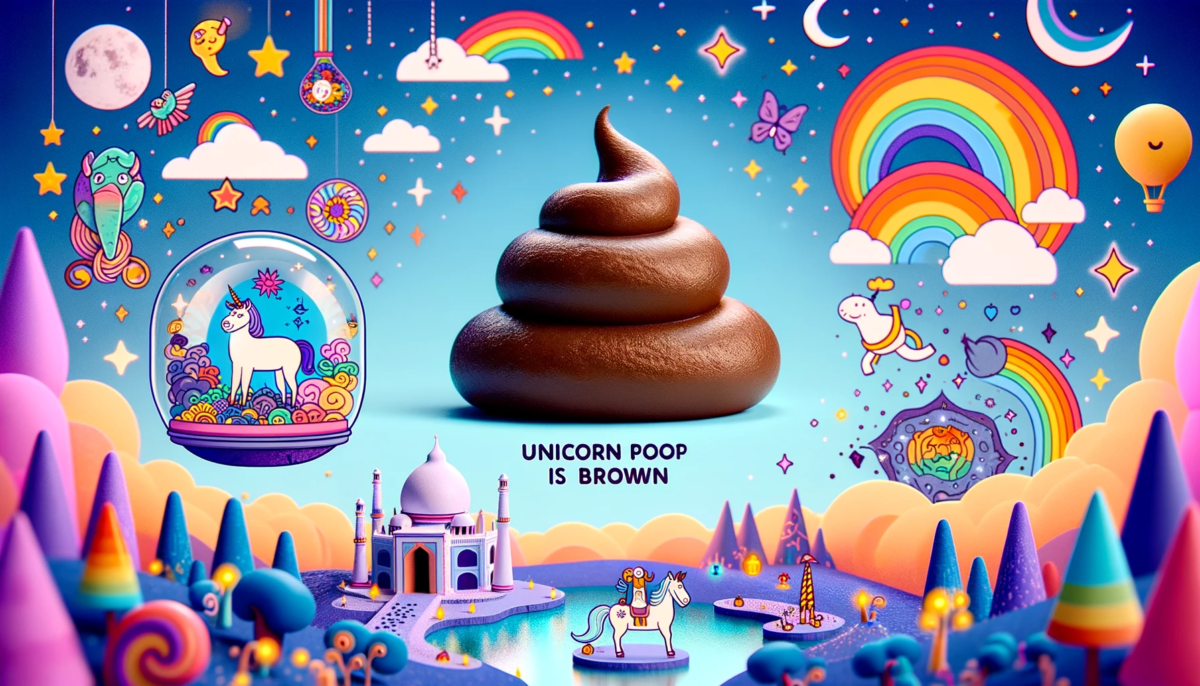
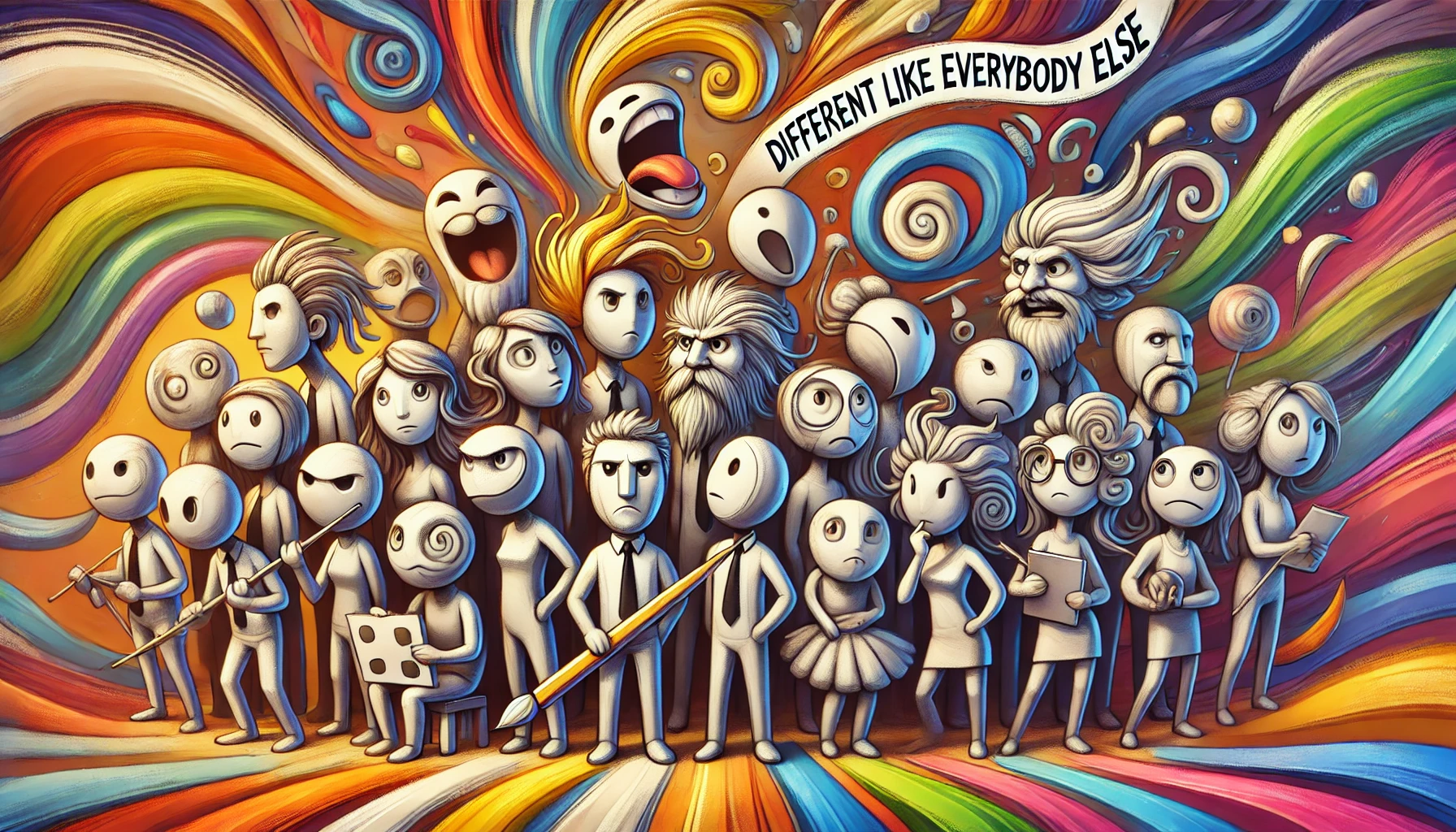
It’s interesting to consider the idea of starting a religion that focuses on internal qualities such as self-confidence and humor. Emphasizing self-reliance and the ability to find joy in life’s challenges can certainly have a positive impact on one’s well-being.
However, as you pointed out, people often seek external sources of support and guidance, even if they don’t necessarily like or agree with each other. This reliance on others is a deeply ingrained aspect of human nature and social dynamics.
While your idea of a religion geared towards monkeys may be metaphorical, it highlights the importance of finding a sense of community and belonging. Humans have a natural inclination to connect with others and seek shared experiences and beliefs.
Ultimately, the formation of a religion is a complex and multifaceted process that involves numerous factors such as cultural, historical, and societal influences. It’s important to respect the diverse range of beliefs and practices that exist and to approach the topic with sensitivity and understanding.
Regardless of religious affiliations or beliefs, embracing self-confidence and humor can be beneficial for personal growth and well-being. Finding joy and laughter in life’s challenges can help cultivate resilience and a positive outlook.
May you continue to explore your personal beliefs and find inspiration in the journey.